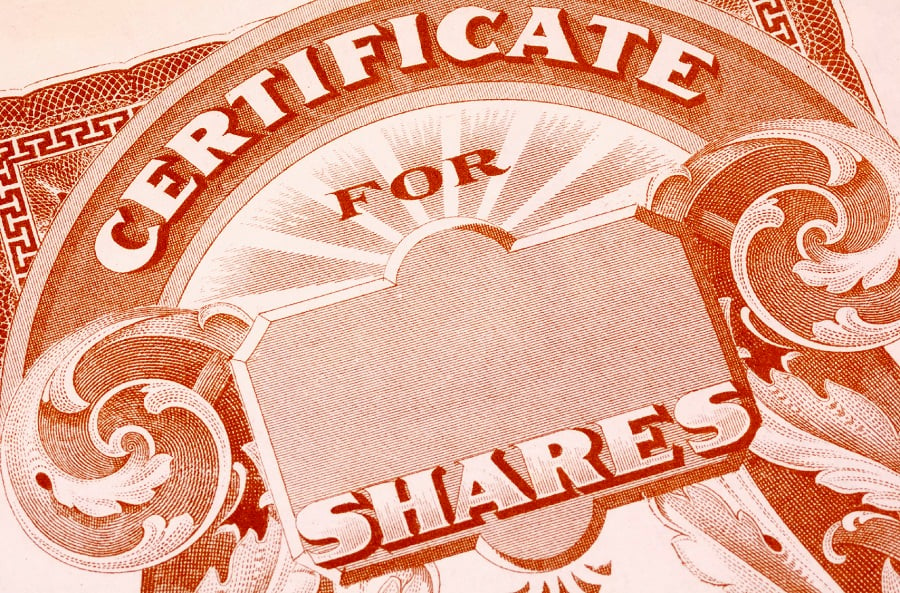Of all the possible ripple effects from rising interest rates, the derailing of the corporate stock buyback bonanza could end up being the
most significant in terms of stock market stability.
“Don't be misled by the fundamental earnings picture, because the top-line revenue growth is not moving all that much, and that proves that stock repurchases have been a major contributor to the stock market rally over the past few years,” said Bob Rice, managing director at Tangent Capital.
Mr. Rice is among a growing chorus of market watchers who are warning that share buybacks will drop once interest rates start to move higher.
Higher rates are expected to put a damper on share buybacks on two main fronts. First, higher borrowing costs will slow the pattern of corporate borrowing for the purpose of repurchasing shares. Second, higher interest rates will likely mean companies will be able to find better uses for cash stockpiles, which, for companies in the S&P 500 Index, currently total $1.33 trillion.
“It's another reason higher rates will be bad for the stock market, because right now so much of share buybacks is driven by the interest-rate arbitrage that low rates enables,” Mr. Rice said. “Right now companies can borrow at cheap rates and use the proceeds to buy their own shares, and it all helps to explain why stock prices keep rising while investor interest has remained the same.”
BINGE BUYING
Just as the
Federal Reserve is kicking the tires on the idea of a rate hike later this year, corporations are binging on their own stock at levels never before seen, which continues to prop up share prices.
The stock-repurchase trend has been on a steady rise since 2008, but the
record set in February should not be ignored by investors and financial advisers.
According to TrimTabs Investment Research, in February stock repurchases by S&P 500 companies hit a record $104.3 billion, almost double the $55 billion in repurchases from the same month last year.
For investors, share buybacks represent a “win-win in the short term,” said Howard Silverblatt, senior index analyst at S&P Dow Jones Indices. “More corporate buying helps support the stock because it impacts the earnings per share and the price-to-earnings ratio.”
The reason stock buyback plans help shareholders is they reduce the amount of available shares, which increases per-share earnings by spreading the earnings over a smaller number of stocks.
Mr. Silverblatt acknowledged that shareholders are exerting a certain amount of pressure on company management to put cash to use and keep stock prices rich.
FOLLOWING THE BLUEPRINT
And, according to Mr. Silverblatt's research, the corporate boards have been dutifully following the blueprint.
In the final three months of last year, S&P 500 companies repurchased $132.6 billion worth of their own shares. While that was down from $145.2 billion in the previous quarter, the pattern of share buybacks is unmistakable.
In the fourth quarter of 2010, for instance, share buybacks totaled $86.4 billion, and in the fourth quarter of 2009 they totaled $47.8 billion.
“All four quarters of 2014 saw one out of five companies reduce their share count by at least 4%, giving them at least a 4% tailwind on earnings per share,” Mr. Silverblatt said.
While the strategy may be making the overall stock market appear stronger than the underlying fundamentals would suggest,
its effectiveness is hard to deny.
“It's a corporation's job to create shareholder value, and not sit on piles of cash earning nothing,” said Steven Wruble, chief investment officer at FolioMetrix.
“The money can be distributed to shareholders in the form of dividends, or it can be used for stock buybacks to prop up share prices,” he added. “With the current interest-rate scenario, buybacks financed by borrowing might make sense, because in a rising-rate environment that won't work anymore.”







